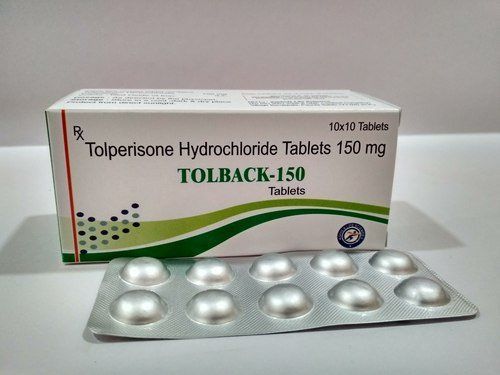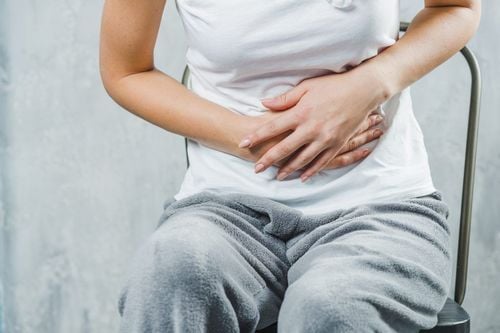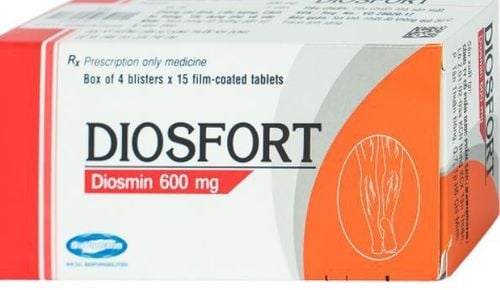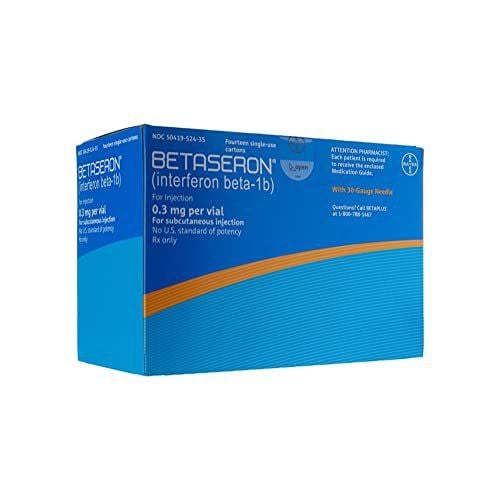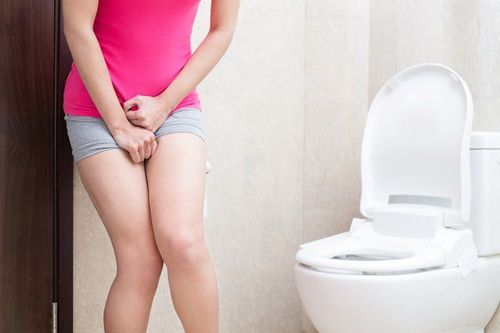This is an automatically translated article.
Post by Master, Doctor Mai Vien Phuong - Gastrointestinal Endoscopy - Department of Medical Examination & Internal Medicine - Vinmec Central Park International General Hospital.Fecal incontinence is a loss of bowel control that results in involuntary elimination of stools. Treatment of fecal incontinence depends on the cause. Some treatment options include dietary changes, medication, or surgery...
1. What is fecal incontinence?
Fecal incontinence, also known as fecal incontinence, is a loss of bowel control that leads to involuntary bowel movements. This can range from frequent involuntary small amounts of stool to complete loss of control over bowel movements.
Some people with fecal incontinence feel the urge to have a bowel movement but can't wait to go to the bathroom. Others do not feel the sensation of a pending, involuntary bowel movement.
Fecal incontinence can be an uncomfortable condition, but it can improve with treatment.
2. What causes fecal incontinence?
Normal bowel control relies on the proper function of:
Pelvic muscles Rectal, part of the lower part of the large intestine Anal sphincter, muscles in the anus Nervous system Damage to any area Any of these can lead to incontinence.
Some common causes of fecal incontinence include:
Intestinal or rectal obstruction due to fecal matter: Chronic constipation can lead to bowel incontinence. This happens when a hard mass of stool gets stuck in the rectum. Stool can stretch and weaken the sphincter, making it impossible for the muscle to stop relaxing as it should. Another complication of fecal incontinence is leakage of liquid stools through the anus. Diarrhea: Diarrhea leads to loose or broken stools. These forms of loose stools can cause an immediate need to have a bowel movement. The need can be so sudden that you don't have enough time to go to the bathroom. Hemorrhoids: External hemorrhoids can cause the sphincter to not close completely. This allows loose stools and mucus to pass unintentionally. Damage to the anal sphincter: Damage to the anal sphincter makes the muscles unable to hold the anus firmly. Surgery in or near the anorectal area, trauma, and constipation can damage the sphincter. Nerve damage: If the nerves that control movement of the sphincter are damaged, the sphincter will not close properly. When this happens, you also may not feel like going to the bathroom. Some causes of nerve damage include: Birth trauma, stroke, diabetes, multiple sclerosis (MS) Pelvic floor dysfunction: Women can experience damage to the muscles and nerves. nerves in the pelvis during childbirth, but symptoms of pelvic floor dysfunction may not be immediately noticeable. They can happen years later.
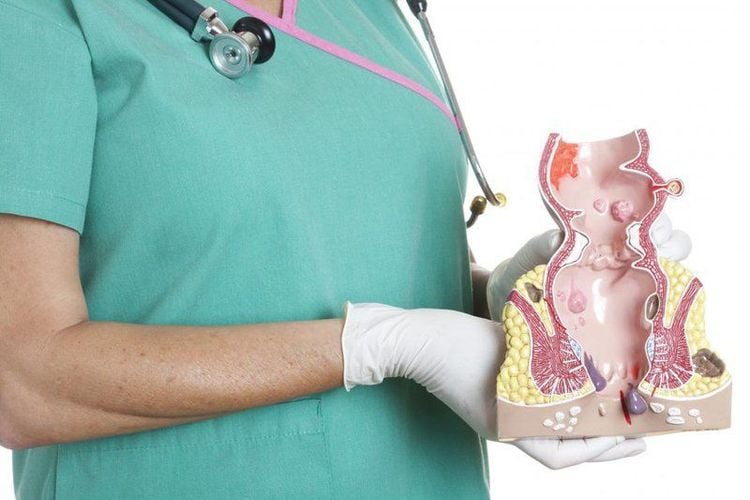
3. Who is at risk for fecal incontinence?
Anyone can experience fecal incontinence , but the following people are more likely to get it:
Over 65 A woman Women who have given birth Chronic constipation Illness or injury injury causes nerve damage
4. How is fecal incontinence diagnosed?
Your doctor will perform a thorough medical history and physical assessment to diagnose fecal incontinence. Your doctor will ask you about the frequency of fecal incontinence and when it occurs, your diet, medications, and health problems.
The following tests can help make the diagnosis:
Check your rectal area with a gloved finger Stool culture A rectal X-ray with contrast (fluorinated X-ray of the large intestine, including colon and rectum with barium contrast) Blood tests Electromyography (to check function of muscles and related nerves) Proctography Ultrasound (under-ray video of the rectum) X during bowel movements) Proctoscopy: Video of the anus during bowel movements
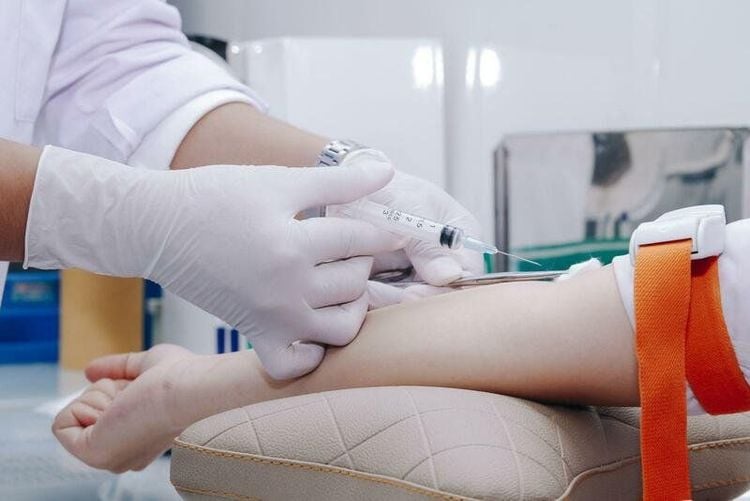
5. How to treat fecal incontinence?
The treatment of fecal incontinence depends on the cause. Some treatment options include:
Diet: Identify foods that cause diarrhea or constipation to eliminate from the diet. This can help normalize and regulate bowel movements. Many doctors recommend increasing fluids and certain types of fiber. Medications: For diarrhea, diarrhea medications such as loperamide (Imodium), codeine, or diphenoxylate/atropine (Lomotil) may be prescribed to slow the movement of the large intestine, allowing stool to move more slowly. Your doctor may recommend fiber supplements for constipation. Intestinal support: Follow a normal bowel habit. Aspects of this procedure may include: frequently sitting on the toilet, using rectal suppositories to stimulate bowel movements, using special underwear for incontinence patients Kegel exercises: Exercises Kegel exercises strengthen the pelvic floor muscles. These exercises involve a routine of repetitive contractions of the muscles used when going to the bathroom. You should consult your doctor to know how to perform the exercises correctly. Biofeedback: Biofeedback is an alternative medical technique. With it, you learn to use your mind to control bodily functions with the help of sensors. If you have fecal incontinence, biofeedback will help you learn to control and strengthen your sphincter. Sometimes medical equipment for exercise is placed in your anus and rectum. Your doctor will then check your rectal and anal sphincter function. Surgery: Surgical treatment is usually reserved for severe fecal incontinence. There are several surgical options available such as: Sphincterotomy, Gracilis muscle graft, artificial sphincter, large bowel resection. Solesta is an injectable gel that was approved by the Food and Drug Administration (FDA) in 2011 for the treatment of fecal incontinence. The goal of Solesta therapy is to increase the amount of rectal tissue. The gel is injected into the anal wall and is effective in reducing or completely treating urinary incontinence in some people. In summary, causes such as aging, past trauma, and certain medical conditions can lead to fecal incontinence. This condition is not always preventable. However, the risk can be reduced by maintaining regular bowel movements and keeping the pelvic muscles strong.
Please dial HOTLINE for more information or register for an appointment HERE. Download MyVinmec app to make appointments faster and to manage your bookings easily.
References:Mayo Clinic Staff. (2018). Fecal incontinence. mayoclinic.org/diseases-conditions/fecal-incontinence/symptoms-causes/dxc-20166883 O’Neill T. (2018). Preparing for your Solesta. med.umich.edu/1libr/MBCP/Solesta.pdf Symptoms & causes of fecal incontinence. (2017). niddk.nih.gov/health-information/digestive-diseases/bowel-control-problems-fecal-incontinence/symptoms-causes





